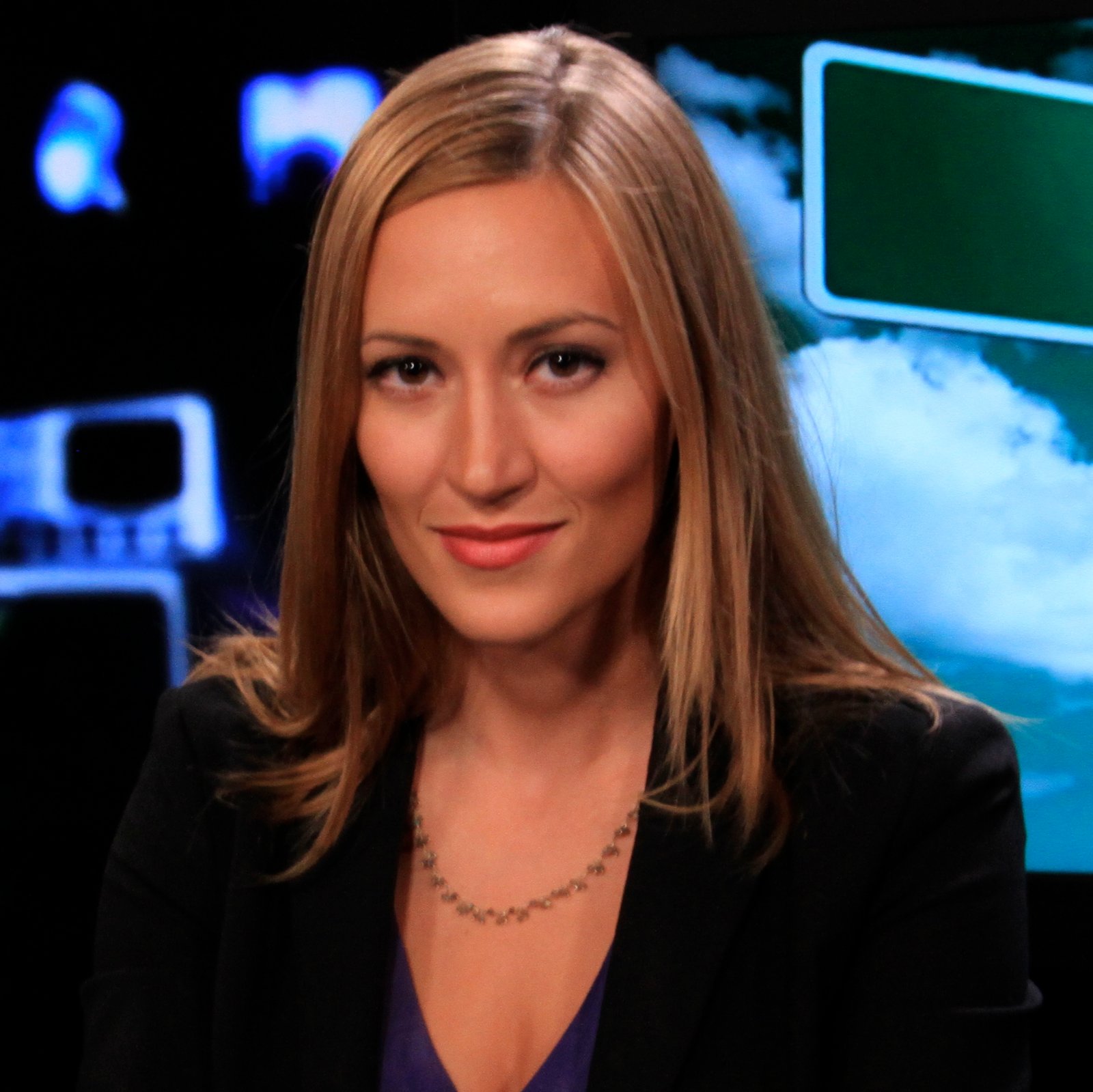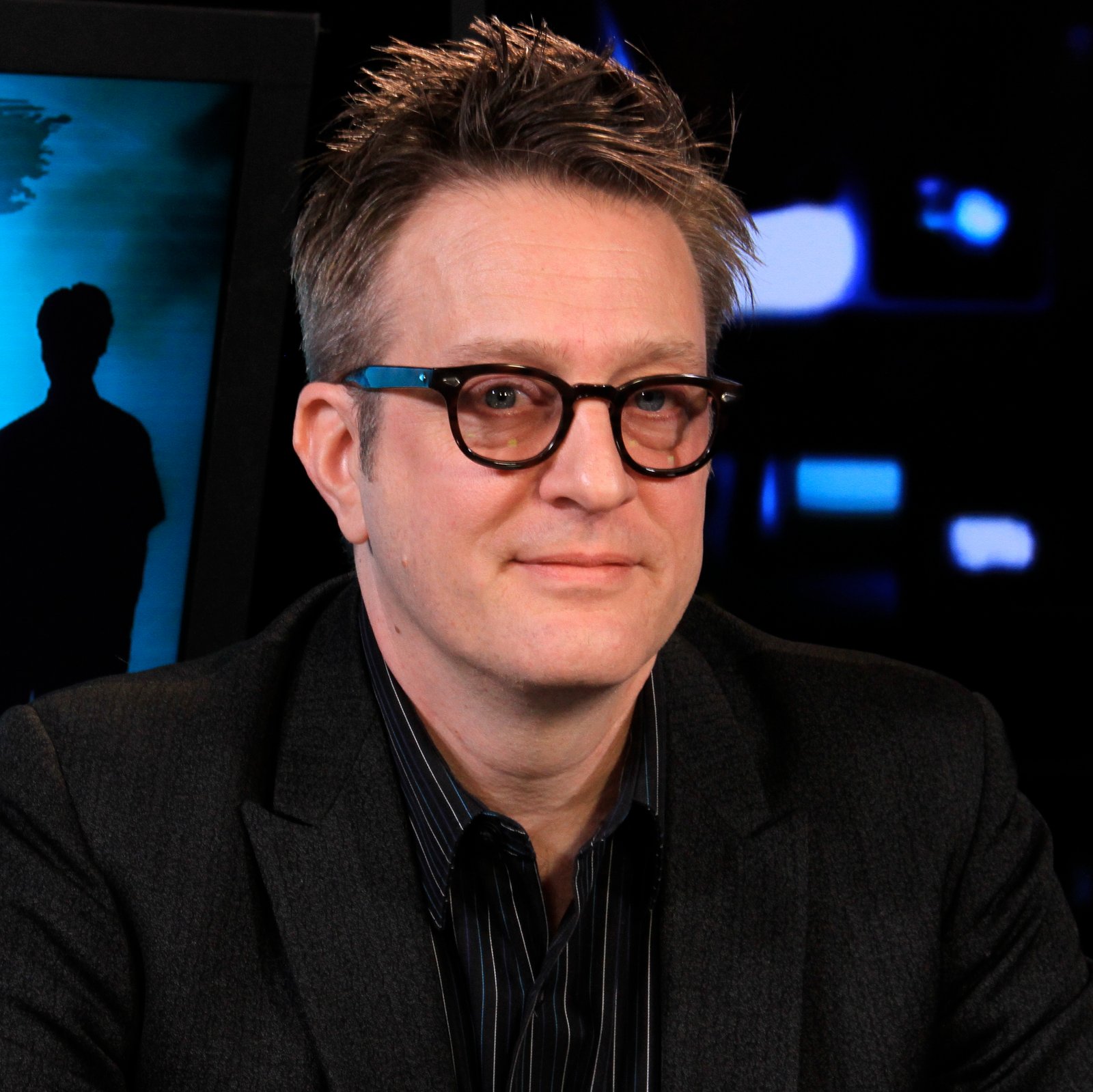The Lip News
Episode 45
Political Fact Checking - Election 2016 Spin & Lies with Mark Stencel
Share this:
Fact checking in political campaigns has been used to spin campaign promises and lies endlessly, so we talk to Mark Stencel about the ‘non-science of truthiness.’ How to make sense of political fact checking during the election season, and how much credence to pay to the endless partisan teams of fact checkers is all discussed, and we look at Gov. Scott Walker, Hillary Clinton, and the spinning of facts on the Lip News Interview, hosted by Jackie Koppell.
Guest Bio
Mark Stencel is NPR’s former managing editor for digital news. He is the author of a 2015 American Press Institute report on the impact of political fact-checking (in full: http://bit.ly/factcheckthis; for Politico: http://bit.ly/fact-weapons) and co-author of a 2014 Duke Reporters’ Lab study on obstacles to newsroom innovation (goatmustbefed.com).
He previously held senior editing and executive positions at the Washington Post and Congressional Quarterly, and was a reporter for the News & Observer in Raleigh-Durham, N.C. He has been a visiting faculty member and digital fellow at the Poynter Institute in St. Petersburg, Fla. He also is the board chair for the Student Press Law Center and an advisory board member for Mercer University’s Center for Collaborative Journalism in Macon, Ga.
He graduated from the University of Virginia with a degree in Soviet studies the year before the Soviet Union ceased to exist, so his credentials as a media “futurist” should be considered with journalistic skepticism.
Episode Breakdown
00:01 Welcoming Mark Stencel to the Lip News Interview.
00:25 The impact of fact checking on the 2016 election.
01:40 The rise of fact checking in campaigns.
03:56 Does fact checking reduce lies and inaccuracies?
05:15 Do candidates like fact checking?
08:01 How fact checking can get spun for politics.
10:29 Gov. Scott Walker and candidates playing politics with facts.
12:57 The illusion of fact checking.
14:33 Are they valuable to the process?
15:50 Assessing fact checks on a non-scientific scale of truthiness.
17:42 Thanks and Goodbye.
Guest Bio
Mark Stencel is NPR’s former managing editor for digital news. He is the author of a 2015 American Press Institute report on the impact of political fact-checking (in full: http://bit.ly/factcheckthis; for Politico: http://bit.ly/fact-weapons) and co-author of a 2014 Duke Reporters’ Lab study on obstacles to newsroom innovation (goatmustbefed.com).
He previously held senior editing and executive positions at the Washington Post and Congressional Quarterly, and was a reporter for the News & Observer in Raleigh-Durham, N.C. He has been a visiting faculty member and digital fellow at the Poynter Institute in St. Petersburg, Fla. He also is the board chair for the Student Press Law Center and an advisory board member for Mercer University’s Center for Collaborative Journalism in Macon, Ga.
He graduated from the University of Virginia with a degree in Soviet studies the year before the Soviet Union ceased to exist, so his credentials as a media “futurist” should be considered with journalistic skepticism.
Additional Links
https://twitter.com/markstencel
Additional Links
https://twitter.com/markstencel



Comments